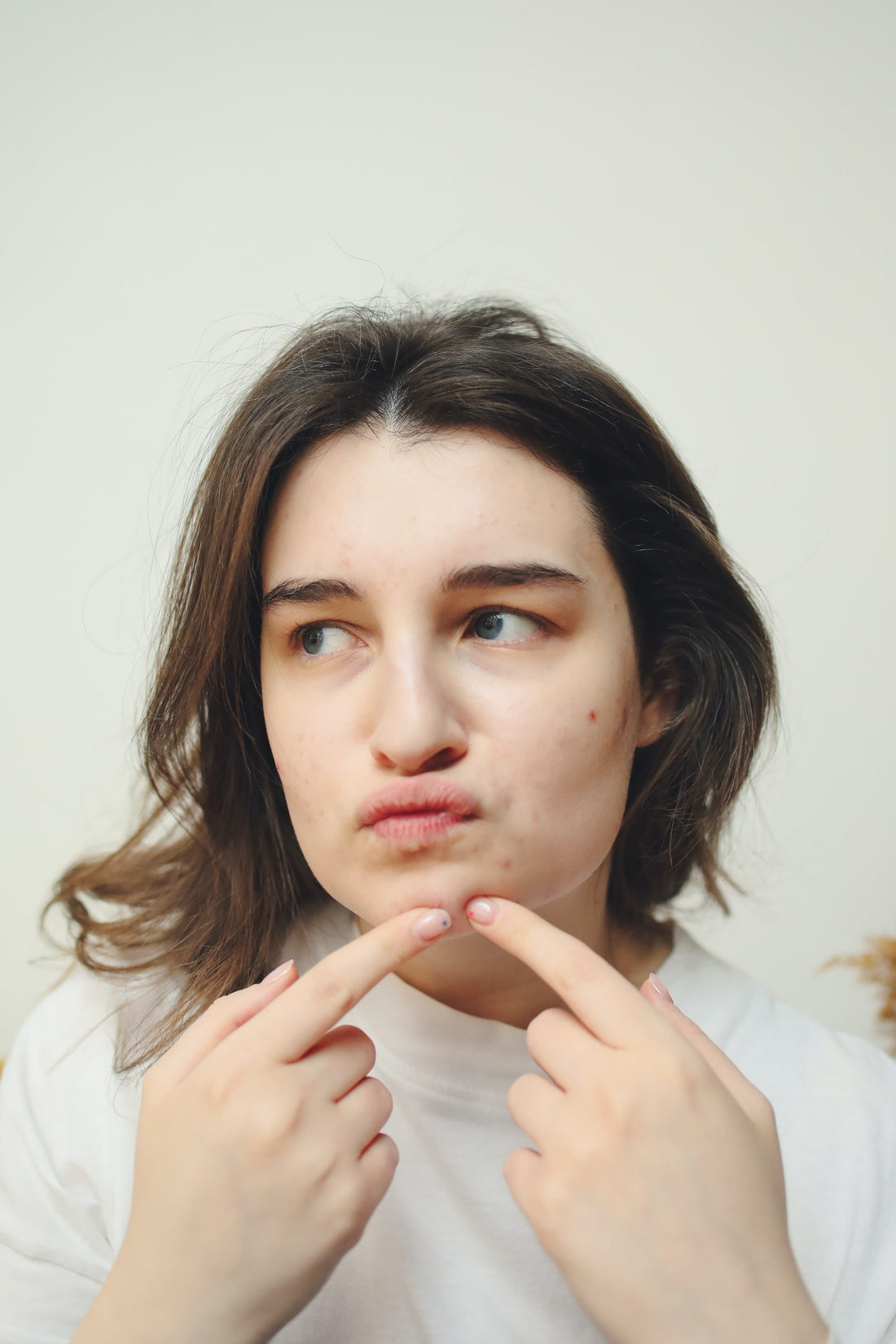
After Popping Pimples: Navigating the Healing Journey
Share
What To Do After Popping Pimples: A Guide to Recovery
Let's talk about popping pimples! While we highly recommend letting pimple patches do their job, we understand that sometimes the urge to pop is too strong to resist. So, if you find yourself popping a pimple, here’s what to do next.
After popping a pimple, you might face a common dilemma: how to care for your skin to ensure optimal healing and minimize the risk of scarring and infection. Let’s dive into the essential steps to take after popping pimples, and how products like Absorbzit pimple patches can help accelerate the healing process.
The Road to Recovery After Popping Pimples
Cleanse Gently: First, cleanse your face gently with a mild, non-abrasive cleanser. After popping a pimple, your skin’s natural barrier may be compromised. Removing any remaining debris, oils, or bacteria is crucial. Avoid using harsh exfoliants or scrubs, as they can further irritate the skin and hinder the healing process.
Hands-Off Policy: Next, resist the urge to touch or pick at the area. Constant touching introduces more bacteria to the open wound, increasing the risk of infection and prolonging healing.
Hydrate and Heal: After popping a pimple, your skin may feel more vulnerable and dry. Apply a lightweight, non-comedogenic moisturizer to keep the area hydrated and promote faster healing.
Spot Treatment: If you have a reliable spot treatment with ingredients like salicylic acid or benzoyl peroxide, apply it to the affected area. These ingredients help reduce inflammation and prevent further breakouts.
The Absorbzit Solution: Pimple Patches for Effective Healing
Now, enter Absorbzit pimple patches—your post-popping skincare superheroes. These ultra-thin patches adhere to the skin, forming a protective barrier that shields against bacteria and accelerates healing. Here's how they work:
Shield Against Bacteria: Absorbzit pimple patches create a physical barrier, preventing external bacteria from entering the popped pimple. This not only reduces the risk of infection but also promotes faster healing.
Absorption of Excess Fluid: The patches absorb excess fluid and pus from the pimple, preventing it from spreading to surrounding areas. This helps reduce inflammation and prevents the pimple from reoccurring.
Promotes Optimal Healing: By maintaining a clean and controlled environment, Absorbzit pimple patches support your skin’s natural healing process. They create the ideal conditions for the skin to repair itself without interference.
Navigating the aftermath of popping pimples doesn’t have to be a challenge. By following a gentle skincare routine that prioritizes cleanliness, hydration, and non-invasive care, you’re on the right track to recovery. And with an extra layer of support from Absorbzit pimple patches, you can keep bacteria at bay and give your skin the breathing room it needs to heal flawlessly. Remember, your skin is resilient, and with the right care, you’re giving it the best chance to bounce back to its vibrant, healthy self.
